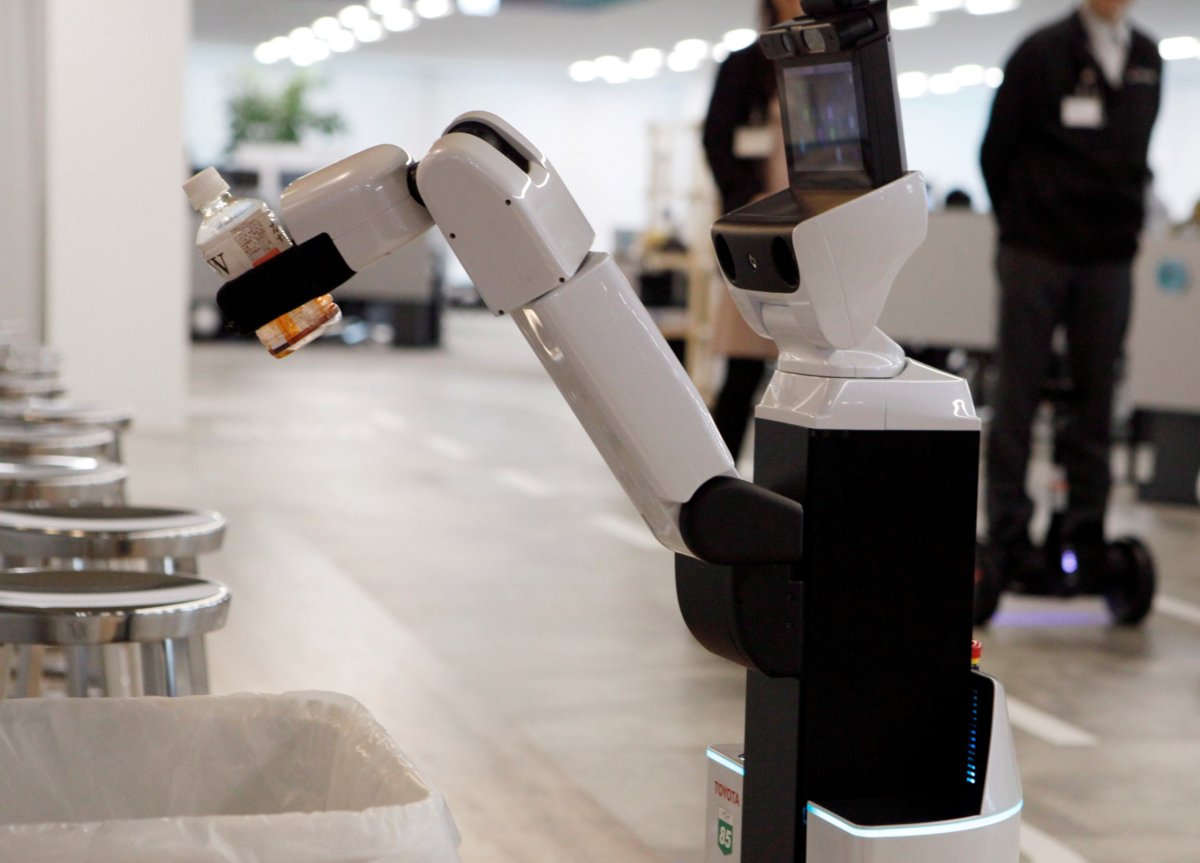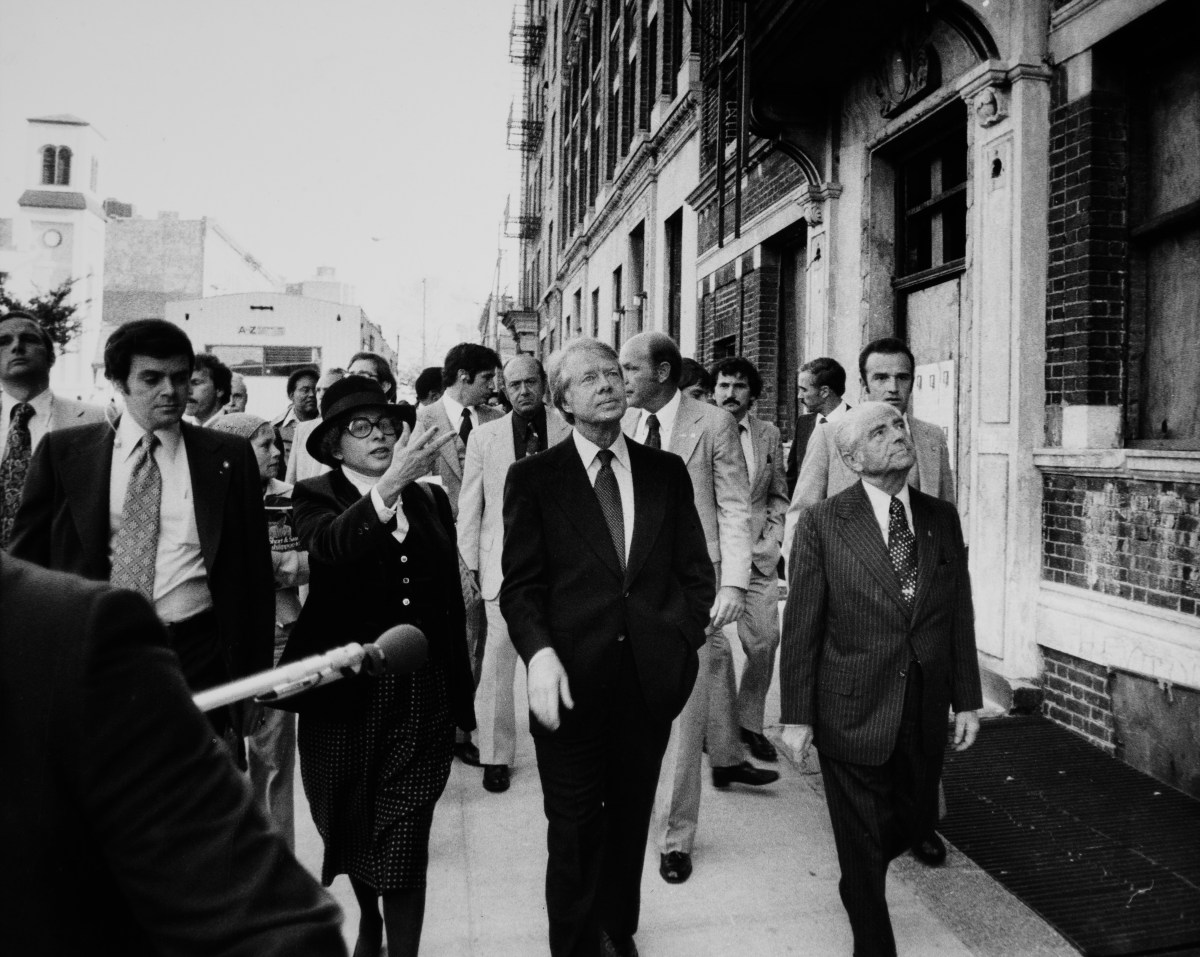TOKYO (Reuters) – Japan’s machinery orders unexpectedly rose in February, suggesting business investment remained resilient even as companies braced for a major jolt to demand from the coronavirus pandemic.
Core machinery orders, a highly volatile data series regarded as an indicator of capital spending in the coming six to nine months, rose 2.3% in February from the previous month, data showed on Wednesday.
The rise followed a 2.9% gain in January and was better than a 2.7% decline predicted by economists in a Reuters poll.
However, many analysts expect the gain to be fleeting as the global economy slips into recession due to the worsening coronavirus pandemic, which has already triggered financial market turmoil and ravaged business confidence.
The world’s third-largest economy is expected to already have fallen into a recession – two straight quarters of contraction – in the March quarter following a decline in the final quarter of last year.
Analysts expect the hit to consumption from the coronavirus to worsen in coming months after Prime Minister Shinzo Abe declared a state of emergency on Tuesday that is seen paralysing activity in major cities.
“Few companies will be willing to be aggressive in making capital investments as no one knows how long the deterioration will last,” said Atsushi Takeda, chief economist at Itochu Economic Research Institute.
“So machinery orders’ sluggishness will naturally continue.”
In signs of renewed strains, manufacturers saw orders drop for the first time in three months, falling 1.7% and dragged down by chemicals and iron and steel.
Supporting the headline increase were service-sector orders, which rose 5.0%, led by gains in the transport and postal business and construction.
Abe unveiled a stimulus package of almost $1 trillion on Tuesday that includes 39.5 trillion yen ($363 billion) in direct fiscal spending, largely to offset the immediate damage from the pandemic.
Japanese business confidence soured to a seven-year low in the quarter through March, a Bank of Japan (BOJ) survey showed last week, as the pandemic hit sectors from hotels to car makers.
The BOJ is set to hold its next meeting in three weeks after easing monetary policy last month by pledging to buy exchange-traded funds at double the current pace, joining global central banks in fighting the pain from the pandemic.
Analysts see Japan’s economy contracting over the March and June quarters as the pandemic worsens.
A boost to machinery orders from investment in technology to overcome a chronic national labour shortage may now be fading as economic conditions worsen, said analysts.
Capital Economics Japan Economist Tom Learmouth warned restrictions to contain the virus would severely harm demand and knock non-residential investment 15% lower this quarter.
From a year earlier, core machinery orders were down 2.4% in February, largely in line with a 2.9% decline seen by economists in a Reuters poll and after a 0.3% fall in January.
(Reporting by Daniel Leussink; Editing by Sam Holmes)























